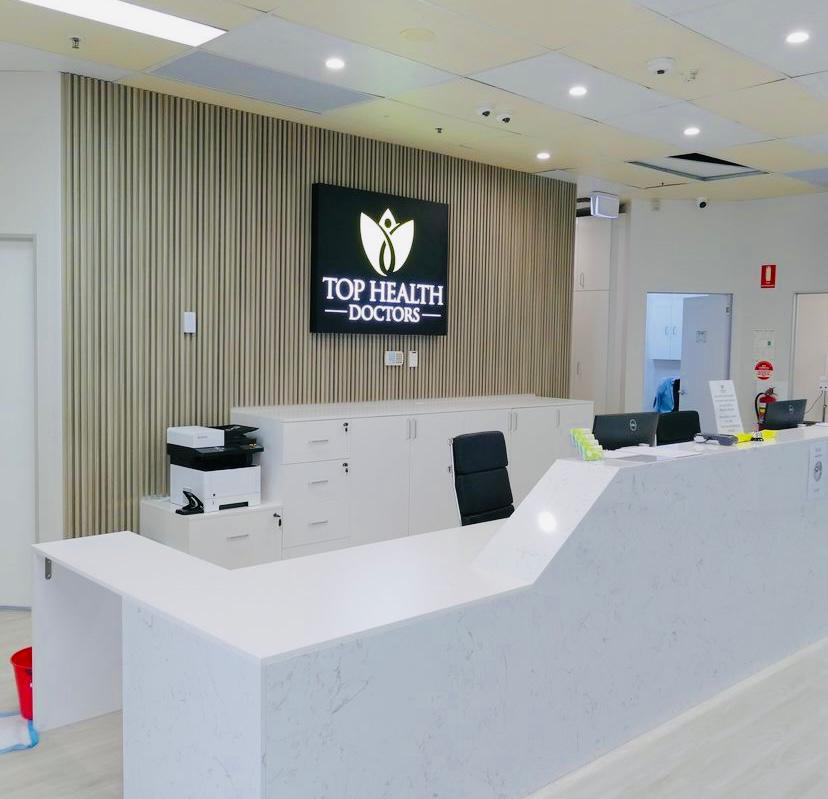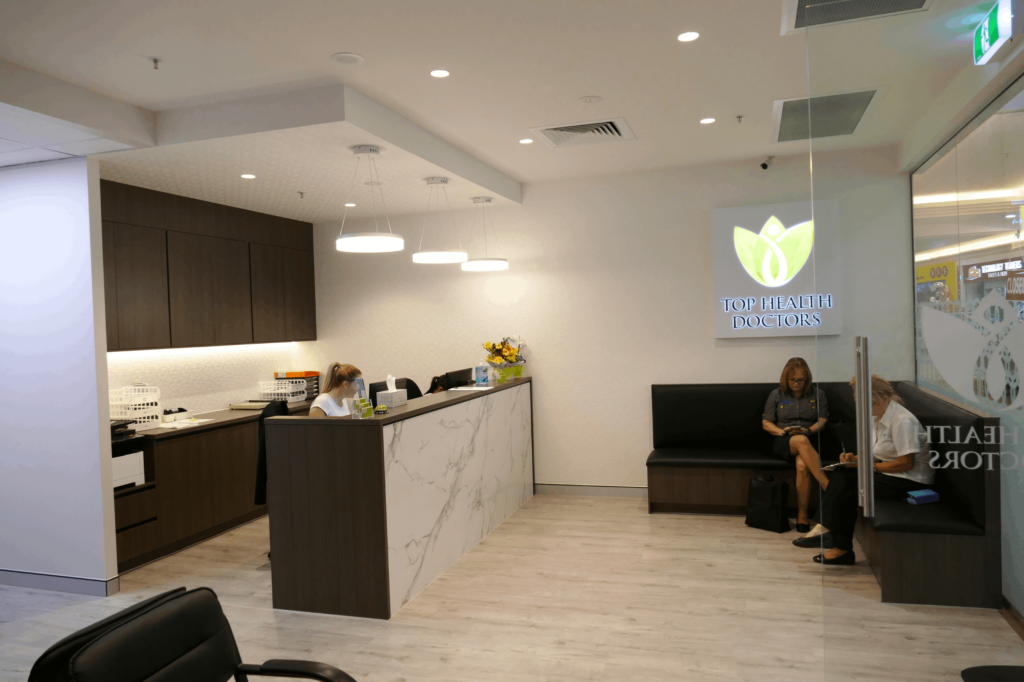Interpersonal Therapy
We are a product of our relationships. While it may seem like a bit of a stretch to say that most of our problems arise from our relationships, the fact is that humans are relational beings and our relationships often shape our view of our problems.
Interpersonal therapy focuses on your core relationships and how they affect your view of the world. Who we are connected to shapes and influences us, and when you pay attention to how you relate to people in your life, you can better understand yourself and your relationship to your problems.
Trauma-informed Care
Modern mental health care has come to a much greater understanding of trauma and how it affects a person. We understand better what the mind finds traumatic, and how it etches into your brain and body a series of automatic defences to signals that resonate with past trauma. This understanding helps us to better attend to your specific needs when these signals are being triggered, allowing us to know how to manage and respond to these overwhelming emotions. In therapy we aim to go beyond a cognitive understanding of these issues; we tend to the subconscious feelings and responses written into your heart and body.
Hypnotherapy
Simply put, hypnotherapy is the act of giving suggestions to the subconscious mind when it is in a “trance state” to help you get better. While the word “trance” may sound a bit exotic, it simply describes a state of focused relaxation that we use all the time. From driving a car to watching a movie, daydreaming about your next holiday or falling in love, our mind is designed to use trance for many different purposes. Hypnotherapy simply utilises this function of the mind for therapeutic purposes.
Individual sessions of therapy usually involve the patient being given some mental exercises to relax their own mind into the trance state. In this state, we work together to understand your subconscious thoughts and feelings in order to find solutions to your problems.
Hypnosis is a very safe and effective treatment, but there is a potential for the therapy to have unexpected effects. This is why a skilled therapist is required to conduct an extensive and thorough assessment prior to using hypnotherapy. Follow-up sessions are also very important to ensure the therapy has progressed in the intended direction.
Getting the most out of your therapy
You do not have to be particularly prepared for sessions, but you can help speed up your own recovery by doing the following:
- Identifying specific goals you want to achieve through therapy
- Writing down a rough Timeline of major events in your life.
- Sketching out your major relationships on a diagram.
- Sketching out a self-care plan that helps you identify how well/unwell you are and what steps you need to take at each point.
- Starting a journal to help you work through your feelings about what happened in your day.
Focussed specifically on your mental health
It is important to remember that sessions with Dr Lee will be focussed specifically on your mental health. Although he is trained and qualified as a GP to look after other physical health issues, psychotherapy and hypnotherapy requires a different “frame of mind” to address appropriately. Consequently he will decline any requests for things unrelated to your presenting mental health issue, even if they are as “simple” as a script or a referral.
Sessions, fees and rebates
A standard session with Dr Lee lasts 40 to 45 minutes, after which he spends 15 to 20 minutes reflecting on and writing about your session.
The fee for a standard session is $230. Medicare rebates can be applied to subsidise the cost.
Mental Health Treatment Plans
A mental health treatment plan from your GP can provide 10 sessions where the out-of-cost is about $85.
Keep in mind that when your family reaches the Medicare Safety Net, the out-of-pocket costs can decrease by a further 80%. For more information, see: Medicare Services
Sessions catered to your personal circumstances
How many sessions you book and how frequently you book them will depend on your own personal circumstances. While it’s difficult to know how many sessions you will need, there can be some benefits to setting down an end-date before you even start:
- You can have a specific expectation of the time and financial commitment necessary;
- You can create more drive and momentum in therapy
- You can book a time that suits you better as it is easier to get the time you want by pre-booking than to wait for the next session to book the session after.
Dr Lee’s suggestion, therefore, is to book 10 sessions at weekly intervals even before you come see me. If after your first few sessions with me you feel that he is not the right therapist for you, you are welcome to cancel the rest of the sessions in accordance with the cancellation policy. By the end of your first few sessions, Dr Lee will also likely be able to tell you whether he thinks long-term therapy is more suitable for you, and how we should arrange that. If by the end of your first 10 sessions Dr Lee and you come to the conclusion that you need more therapy, we can also make further arrangements as necessary.









